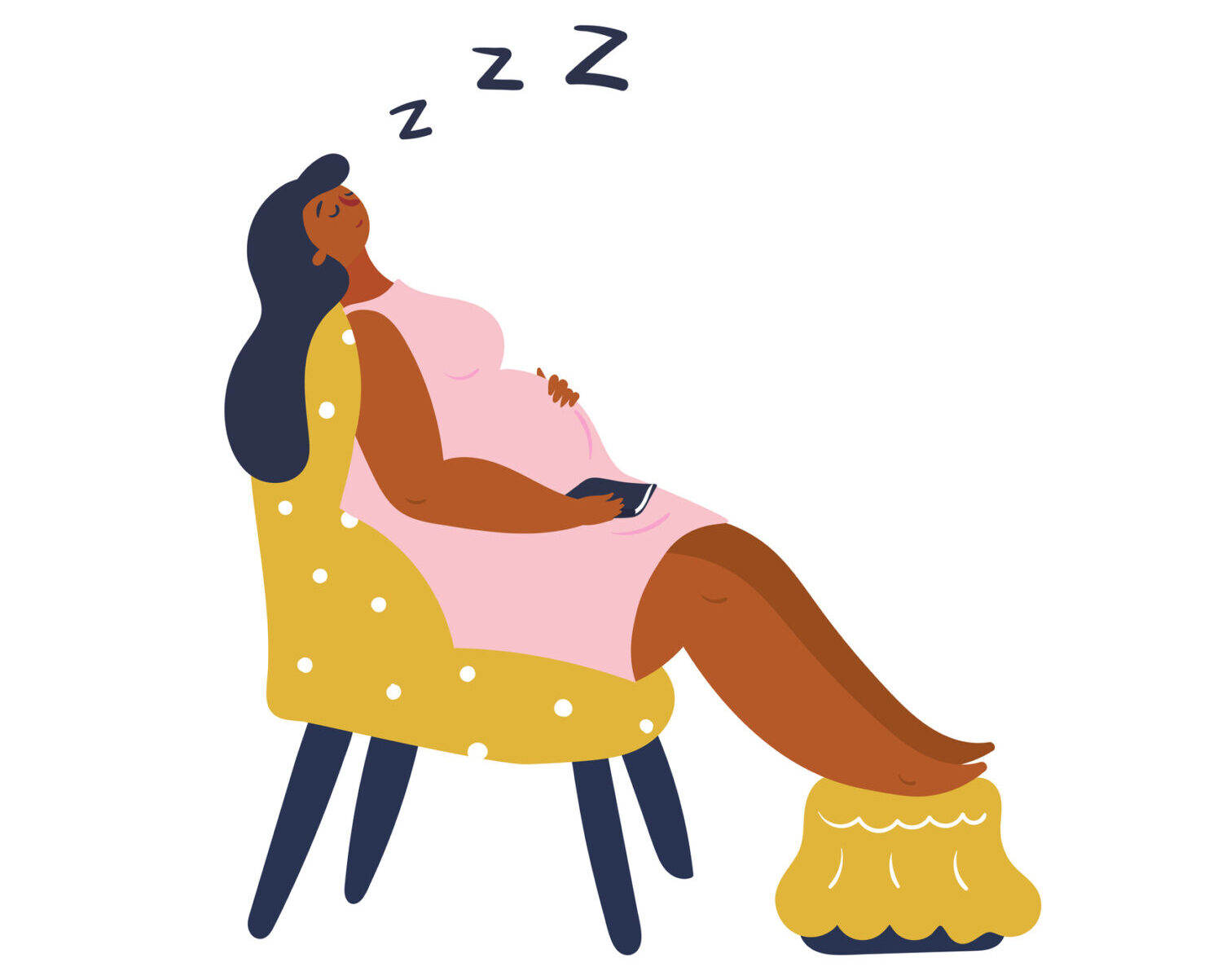
Should You Sleep Sitting Up If You Have Sleep Apnea?
April 8, 2023 12:00 pmAfter a long day, we all look forward to when it’s time to lay down in bed and hit the hay. But if you suffer from sleep apnea, you might wonder if you should sleep sitting up to help alleviate your symptoms and keep your airways open. Let’s take a look at some of the pros and cons of sleeping upright.
How Sleeping Upright Can Help with Sleep Apnea
Because of gravity, the tongue and soft tissues of your throat can relax and collapse when you lay flat, which can result in difficulty breathing. Sleeping with your torso and head more upright, either in a recliner chair or by propping yourself up in bed with pillows, allows your airways to stay open. By minimizing the chance of obstruction and keeping the air flowing, you might find that you get a better night’s sleep if you stay more vertical. This is also true if you suffer from frequent heartburn at night.
The Downsides of Sleeping Sitting Up
However, sleeping upright is not the right option for everyone. You may find it uncomfortable and difficult to remain asleep, which will negatively affect the quality of your rest. In the REM stage of your sleep cycle, your body experiences a kind of temporary paralysis so you don’t become physical while dreaming. This can make it difficult to remain asleep while sitting up, as it may be challenging to keep your head from suddenly drooping—which you well know if you’ve ever dozed off on an airplane and suddenly jolted awake. Additionally, sleeping upright can put excessive pressure on your neck and back, leaving you stiff and achy the next morning.
Personalized Sleep Apnea Treatment in Raleigh, NC
All in all, everyone prefers different sleeping positions. Maybe sleeping propped up would be helpful for you but perhaps it won’t. At RespAir Sleep, our team can help you figure out what works best to treat your sleep apnea and keep you comfortable at night so you feel well-rested when you wake up. Please contact us today to schedule an appointment!
Categorised in: Sleep FAQ

